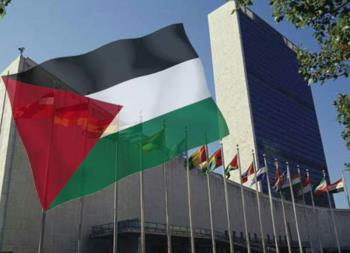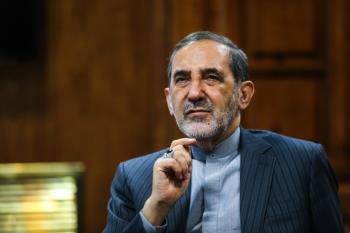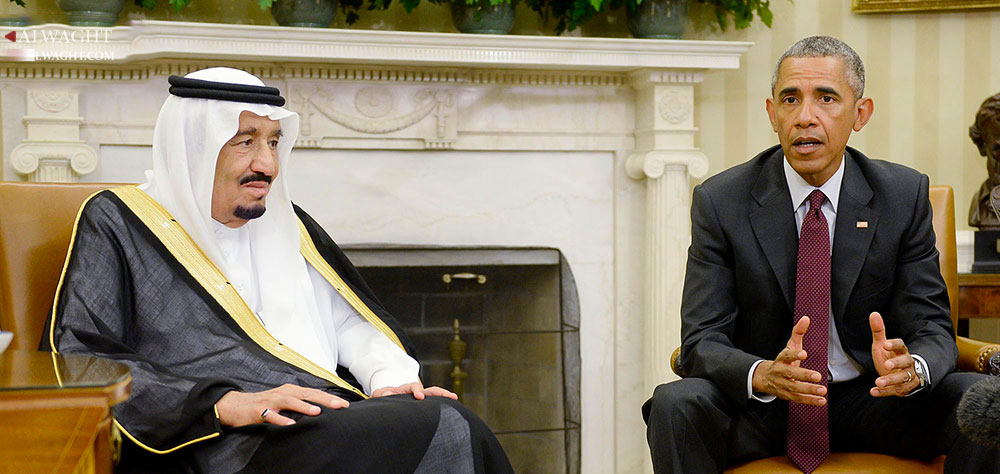Alwaght- The US Congress Intelligence Committee in mid-July published a secret 28-page document about possible links of the Saudi government to the 9/11 terrorist attacks hijackers, according to which 15 of 19 people who had hands in the attacks were Saudi citizens and some of them had close family contacts with some of the Saudi Arabian royals. Following publication of the document that stirred controversy inside the US and drew the Saudis' anger, the American lawmakers unanimously signed into law what was branded Justice against Sponsors of Terrorism Act (JASTA). According to the bill, the survivors of the 9/11 attacks can officially raise legal cases against Saudi Arabia under “sponsor of some arrangers of the 9/11 attacks”, and so seek compensation.
The secret 28-page document that was passed into law by the Congress is part of a probe launched in 2002 about the 9/11 attacks. The comprehensive results of the probe remain as a secret report. The US government has handed in 28 pages of the report and a letter from George Tenet, then director of the CIA, to the Congress.
A part of the report reads that some of the Saudi Arabian government officials in the US like Bandar bin Sultan, the former kingdom’s ambassador to the US and the former chief of the Saudi intelligence services, could have contacts to the al-Qaeda terrorist group but there are no adequate evidences to prove, and they are “worthy of pursuing further” for proofs.
Following publication, the Saudi embassy in Washington has welcomed the move and claimed that since 2002 this committee and other state organizations such as CIA and FBI investigated the case and also the 28-page document, and they decided that neither the Saudi Arabian regime nor any of the state officials or any person as representative of the kingdom played any role in the attacks. In fact, since 2002 up to now the Saudis played role in the US counterterrorism strategy and helped highlight it in a bid to steer clear of Washington’s pressures, and frequently reminded the US leaders of the cooperation principles.
Earlier Riyadh threatened that should the document is released, it will pull out its cash from the US banks and credit institutes. Reacting to the controversy, the US President Barack Obama said he will veto the Congress’ bill, but since the beginning the White House was under strains, and finally the bill was passed into a law.
Meanwhile, the Arab media have reported that following approving the bill by the Congress and the Senate that facilitates suing Saudi Arabia for compensation due to its links to the 9/11 attacks, Riyadh has severely reacted, and that it is assessing moves to pull its money out of the US. The Kuwaiti al-Qabas daily wrote that the only way ahead of Riyadh is to reduce investments in the US and withdraw its assets from the American economy. The US government that is well aware of the economic profits of doing business with the kingdom has tried to stop suing Riyadh for compensation for the attacks but was met with failure.
Although passing the bill violates an international principle that considers a comprehensive immunity for the governments, it appears that the determination of the Congress to influence the government's policies on the one hand and to set up hurdles ahead of the cooperation with Saudi Arabia on the other hand indicate that a new equation is in the making, and its realization exceeds all of the US-Saudi relations' considerations. Therefore, this complicated situation that can be called “entry to a time of transition in relations” pushes the two players to review and redefine goals and priorities.
Meanwhile, it shouldn’t be forgotten that the serious tensions and misunderstandings that affected the Saudi relations with the US are deriving from developments that come as a result of some regional equations and alteration of some priorities. The tensions are said to certainly influence the two old allies' ties. But we should not be misled into thinking that the two sides sacrifice their cooperation principles to some tensions because despite some changes in the regional order of West Asia, some factors including post-Arab identity order, the developing alliances, fighting against terrorism, and global energy security still make priorities for Washington in regulating relations and setting up principles for cooperation with its strategic allies.
On the other side, the Saudis due to their strained conditions, including losses in Syria and Yemen, are not in a position to actualize their threats, as they desperately need Washington’s backing to pursue objectives. However, the experts suggest that the Congress’ decision to deal with Riyadh over the possible links to 9/11 attacks will certainly add to strains on the kingdom as it began to feel the pinch of budget deficit and other financial troubles due to sagging oil prices.



























